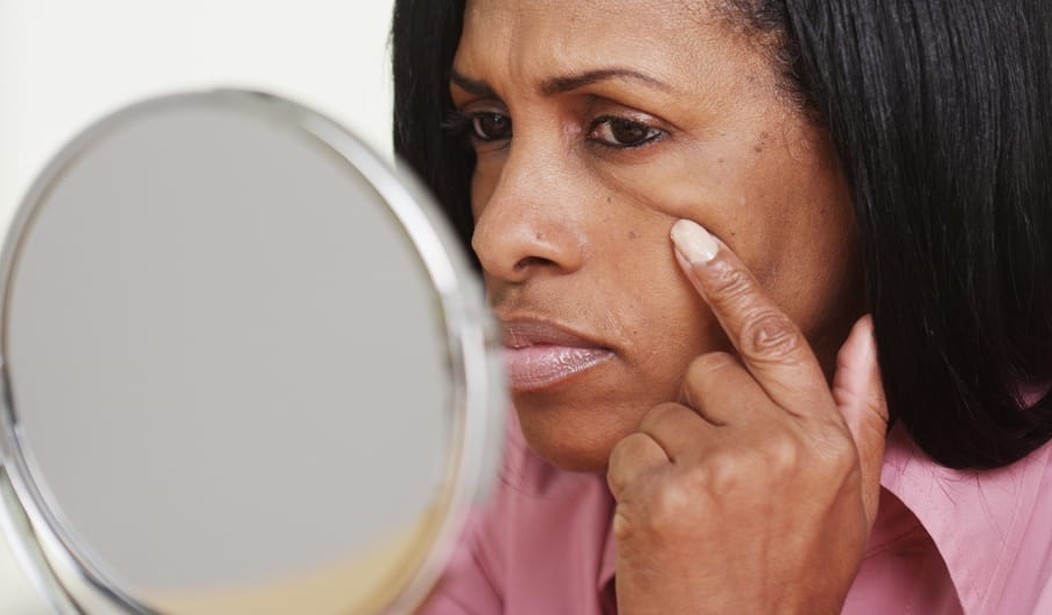Over at The Federalist, two intriguing articles on motherhood appeared this past week. Melissa Langsam Braunstein interviewed Rabbi Elliot Dorff about infertility in the Jewish world. Dorff encourages Jewish couples to meet in college, marry upon graduation, and begin their families in their 20s. His seemingly countercultural reasoning is simple: It’s easier to have kids before you begin your career and starting young gives you more time to address infertility problems should they arise. Following the career thread, Stella Morabito declared, “let’s realize as moms that work-life balance just doesn’t exist.” Confronting the feminist demands of high-powered professional mothers Sheryl Sandberg and Anne-Marie Slaughter, Morabito writes:
I get the feeling that the feminist push for career ambition is less about choice and more about some sort of status anxiety, about successful career-oriented women devaluing my choices.
Morabito’s sharp critique questions why feminists assert that “the maternal instinct…is something to be conquered.” She focuses on the “have it all” mentality that birthed the career vs. children battle, rightly noting that the price tag attached to career simply doesn’t apply to caregiving. The irony is, of course, that the women who have time to argue in favor of career are the women who don’t financially need to pursue one in the first place. Yet, this argument is so powerful that it holds sway not only over financially stable women, but young women intent on back-burnering children until they have accomplished career success. Why?
If we are to understand the dilemma of work-motherhood balance we must first understand the pull of career, especially in the case of women who do not financially have to, but instead choose to work after their babies are born. The “have it all” view argues that if you don’t do it now, it’ll never get done. “Now” is defined as under 40, the classic marker of the dreaded middle age. Hollywood has proffered this vision for years, pairing ridiculously young women with equally ridiculous older men; refusing to cast women over 40 as anything but matrons; forcing today’s middle-aged actresses to pursue feats of cosmetic preservation in order to sanctify their place among the young, hip elite. “Now” implies – even negates – the concept of a future filled with potential. Again, we come to a fork in the road of dialogue, often choosing to focus on now’s ageism at the expense of its nihilism. Now’s belief in nothing is what we must examine more closely, because in it we will find the same fear that subconsciously plagues mothers (and, indeed, all of humanity): the fear of death.
With motherhood comes the understanding that we are no longer bright young things. In my most intense moment of labor I flashed back to middle school, my first introduction to a complete lack of confidence and a feeling of total alienation. Most motherhood writing focuses on these aspects of parenting, because shock told right is a great source of humor. We avoid discussing the fact that our children are constant reminders that we are the oldest in the room. Along with feeling completely ill-equipped, motherhood gave me a striking sense of my own mortality. Suddenly a tiny, helpless human needed me for literally everything. And while, yes, his father would be there, my biology dictated to my brain through the miracle of hormones that I was the primary source of food, wisdom, comfort and love.
What would happen if I, a mere mortal, should cease to exist? Perish the thought! But, extrapolate it subconsciously and you begin to do the math quickly enough. For some, having children provides reassurance that some aspect of yourself will still be living even after you are long gone. For some mothers, the idea of parting with their babies, however fully grown they may be, is horrifying. In either case, accepting inevitable old age and death are intrinsic parts of a mother’s job requirements. They’re also completely antithetical to everything culture has told us to aspire to as women.
You must “have it all” now because you will die. Have the travel, the experiences, and the stuff while you are young and healthy and vibrant. Have the money to pay for wrinkle cream and maintenance meds to ward off those warning signs that old age is fast-approaching. Why do women choose career? Why do mothers run back to the office? If children are the promise of our future, career is the ability to reap the benefits of this earth while we are still young enough to enjoy them. More to the point, if children are our daily reminder that we will inevitably grow old and die, work is the outlet through which we escape to feel young and vibrant again.
We constantly see this concept play out in popular culture: The bedraggled mother versus the gorgeous career-woman; the divorcee becoming the cougar. When we talk about work-life balance we aren’t talking about career at all; we’re talking about the popular method to avoid old age and death. This is why the majority of large families are produced through religious communities and why childless couples often navigate career-driven circles.
Parenting is not simply a matter of want but a complex combination of biological drives and psychological-emotional desires. I recently read that the problem with modern motherhood is that women have too many choices as opposed to none at all. We’ve addressed this in terms of medicine, technology, ethics, finance, beauty, relationships, and sex. What we have yet to fully understand is the bottom line choice that both begins and ends the conversation: the choice of how we want to comprehend death. If the West chooses to believe that now is all there is, why wouldn’t our women sacrifice their children, even potential offspring, on the altar of the Fountain of Youth?









Join the conversation as a VIP Member